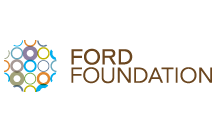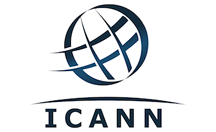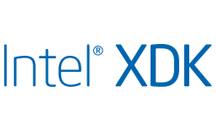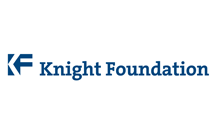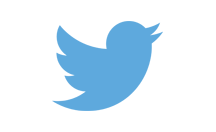The Web at 25: Reflections From Germany
This year, we invited citizens from around the globe to reflect on the Web at 25, and share their hopes for the future of the Web. The Federal Foreign Office of Germany prepared a short film on the topic, asking ordinary Germans for their views on the Web at 25. We’re delighted to share the film here.
Video transcript:
It’s the World Wide Web’s 25th anniversary - so what does the Internet
mean to Germans?
The World Wide Web has been around for 25 years now. How do Germans use
the Web? What role does the state play, and what is the future of the Internet?
On screen graphic:
1997 - 120 million people surfing the internet
2000 - 400 million people online
2014 – 3 billion people use the internet
25 years World Wide Web
Interviewee:
«I mainly use the internet for communication, to keep up with friends, and to stay
informed.»
Interviewee:
«It’s my connection to the outside world.»
Interviewee:
«Just to get information and stay in contact with people, but not professionally.»
Interviewee:
«We all have these new devices like mobiles… the internet is always with me.»
The internet is becoming a key element of everyday life in Germany. About 80
percent of Germans use it regularly, and the numbers are growing. Politics also
has a role to play:
Cathleen Berger, Coordination Unit on Cyber Foreign Policy
«I don’t think everybody realizes that net politics is something that touches on all
aspects of life and all areas of politics, so we have to start by creating a level of
awareness, and we have to establish ourselves, and we have to create
expertise.»
Part of this process is the transatlantic cyber-dialogue. This forum brings together
German and US experts to talk about how to regulate the internet, and, above all,
how to protect users.
Frank-Walter Steinmeier, German Foreign Minister:
«Data is power. And power has to be subject to rules…. these rules must be
based on values that are held on both sides of the Atlantic. The relationship
between security and freedom, security and privacy, must be proportionate.»
The rapid development of the internet and of data collection tools creates new
opportunities, but also brand new problems. The question of how to balance free
use and data security is becoming more and more important, and with it, the role
of government.
Interviewee:
«I think it can be dangerous if monopolies are established on the web, just like it
is when they exist on traditional markets. I think this is a problem that’s not going
away. And it’s here that the state has to step in and regulate.»
Interviewee:
«I wonder how much of it should be private and how much the state needs to be
involved. You need a healthy balance.»
Interviewee:
«Like in many other parts of society, the state has to make sure that there’s a
certain level of security, and that certain legal parameters are in place.»
Interviewee:
«When data passes through servers in America which ignore German data
security rules, then it’s not just a German issue, but an international one beyond
Europe, and I think people need to pay attention to that.»
Cathleen Berger, Coordination Unit on Cyber Foreign Policy:
«Of course there’s a fine line between freedom and security. And it’s our role, the
role of politics, and of the German Foreign Office on international platforms, to
find answers, to find a balance…. the other urgent questions that need answers
are how we deal with human rights online. Because the internet isn’t just a free
space, it’s also a space that can be used to commit crimes, and to persecute
people.»
Interviewee:
«Thanks to the internet we will all soon be even more connected with each other
than we are now.»
Interviewee:
«Things like industry 4.0 will get bigger, but also practical tools like google watch
or google glasses, they are going to become more important elements of our
lives.»
Interviewee:
«In terms of business especially, we’re going to make more purchases online.»
Cathleen Berger, Coordination Unit on Cyber Foreign Policy:
«When we celebrate the 50th anniversary of the internet I hope that we still have
an open and free space where everybody can get involved, where it goes without
saying that the population, politicians, business, and the technical community can
all communicate and be part of it, and express their interests and needs.»
At the moment, 40 percent of the world’s population uses the internet. In
Germany the goal is to get every household online by the year 2018. And around
the world there’s still a lot that needs to be done before everyone has a stake in
the internet.


